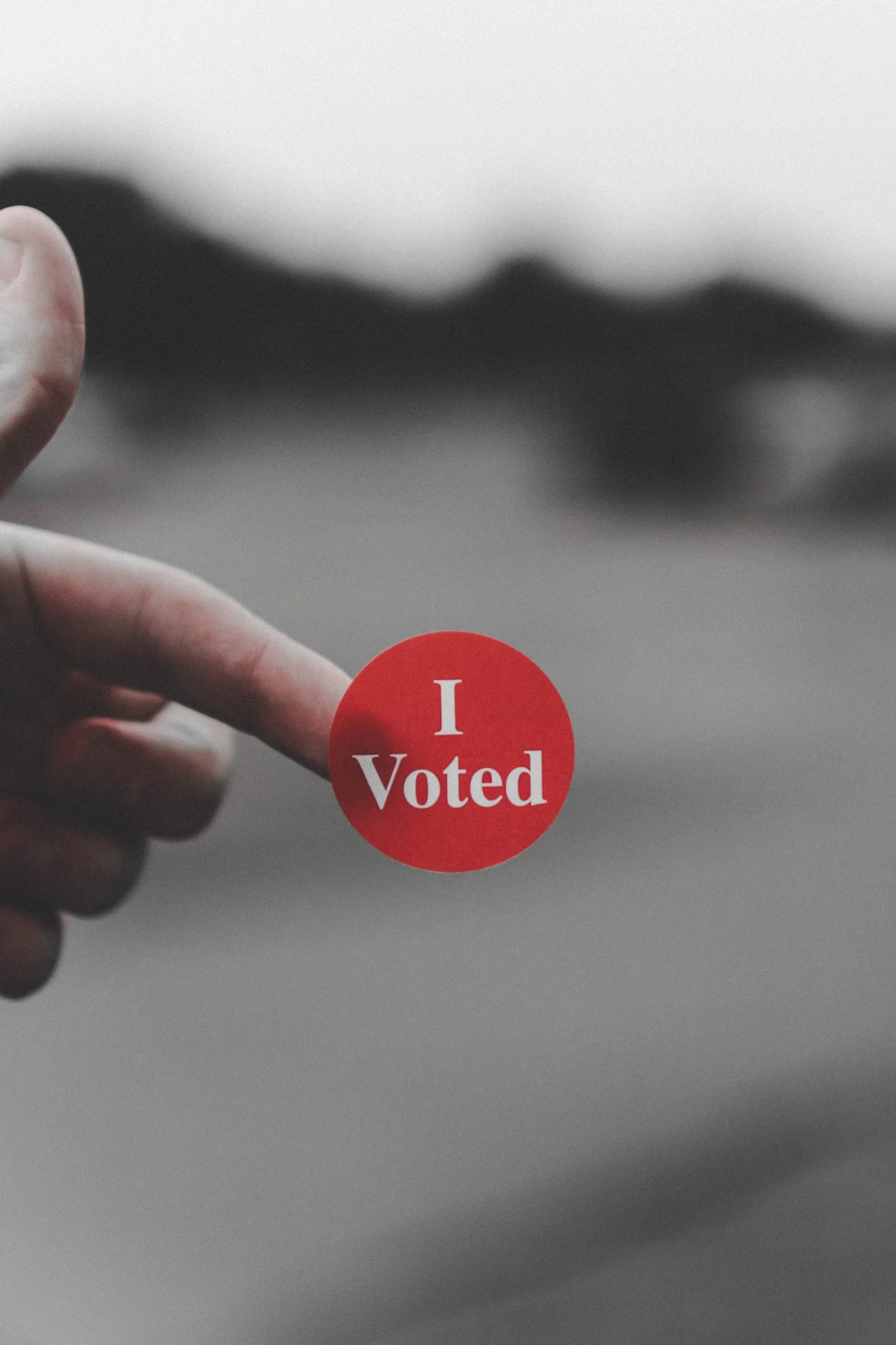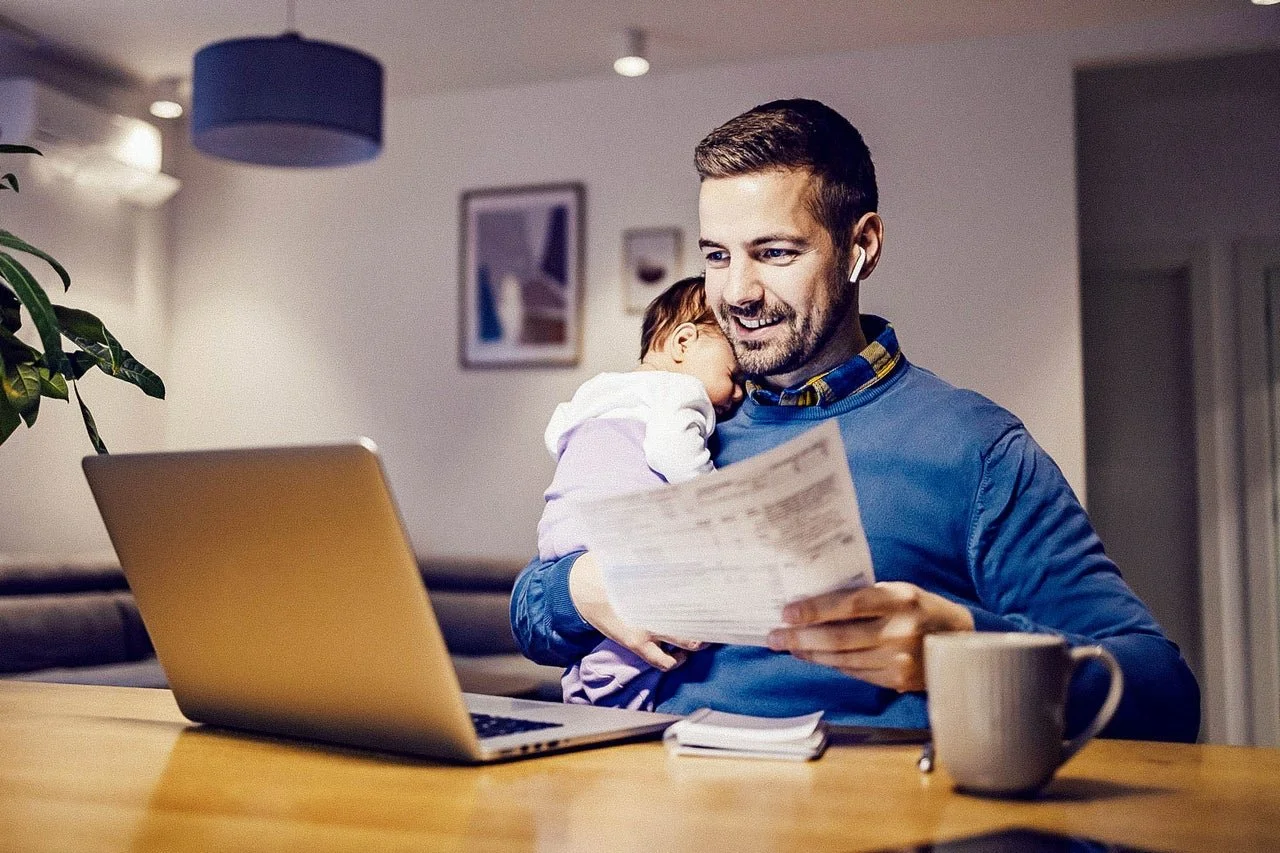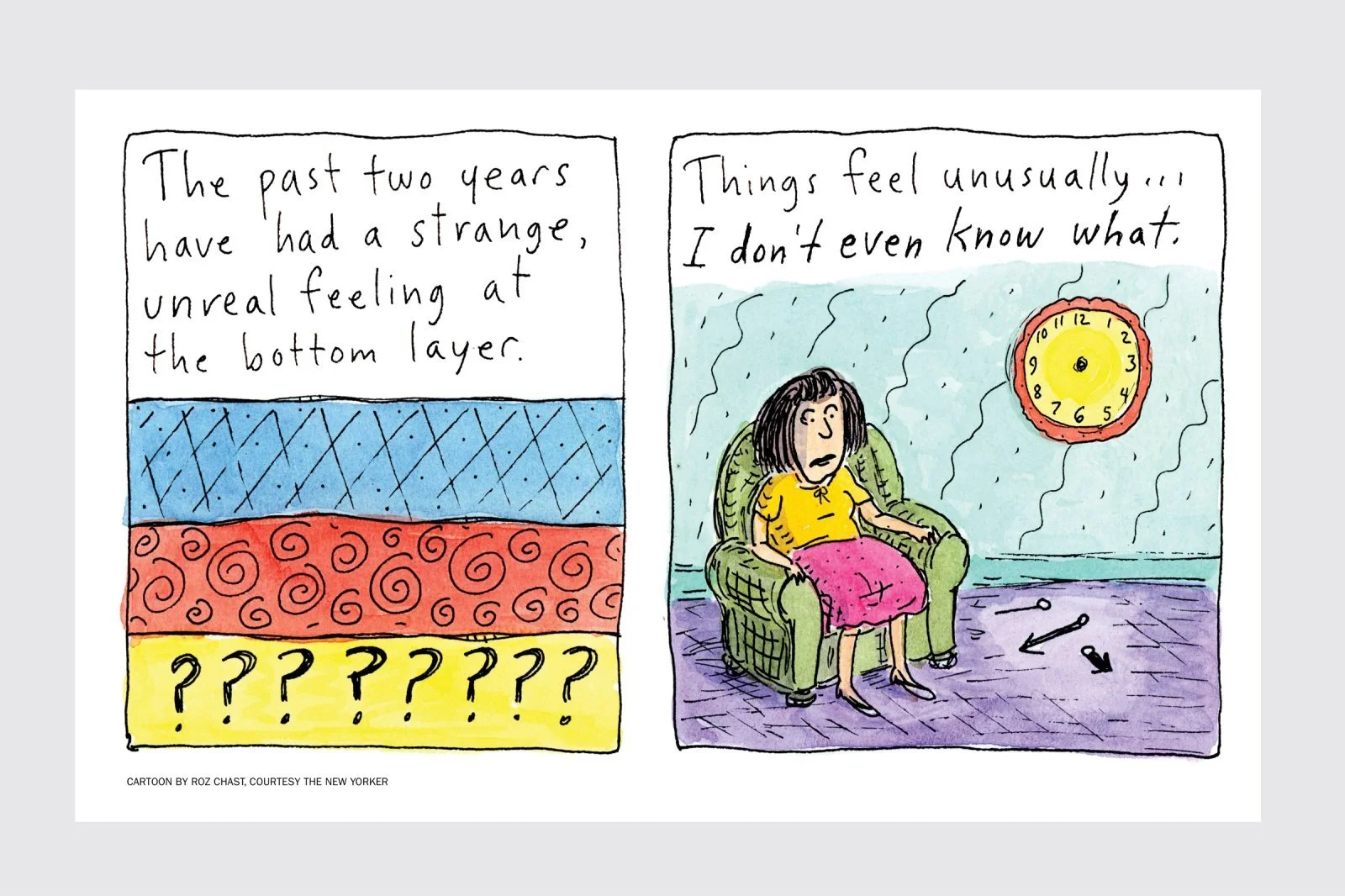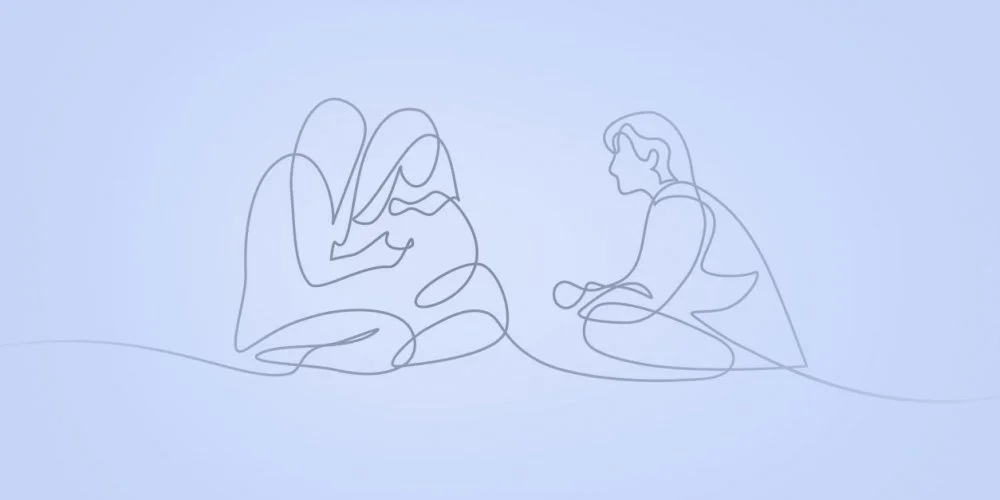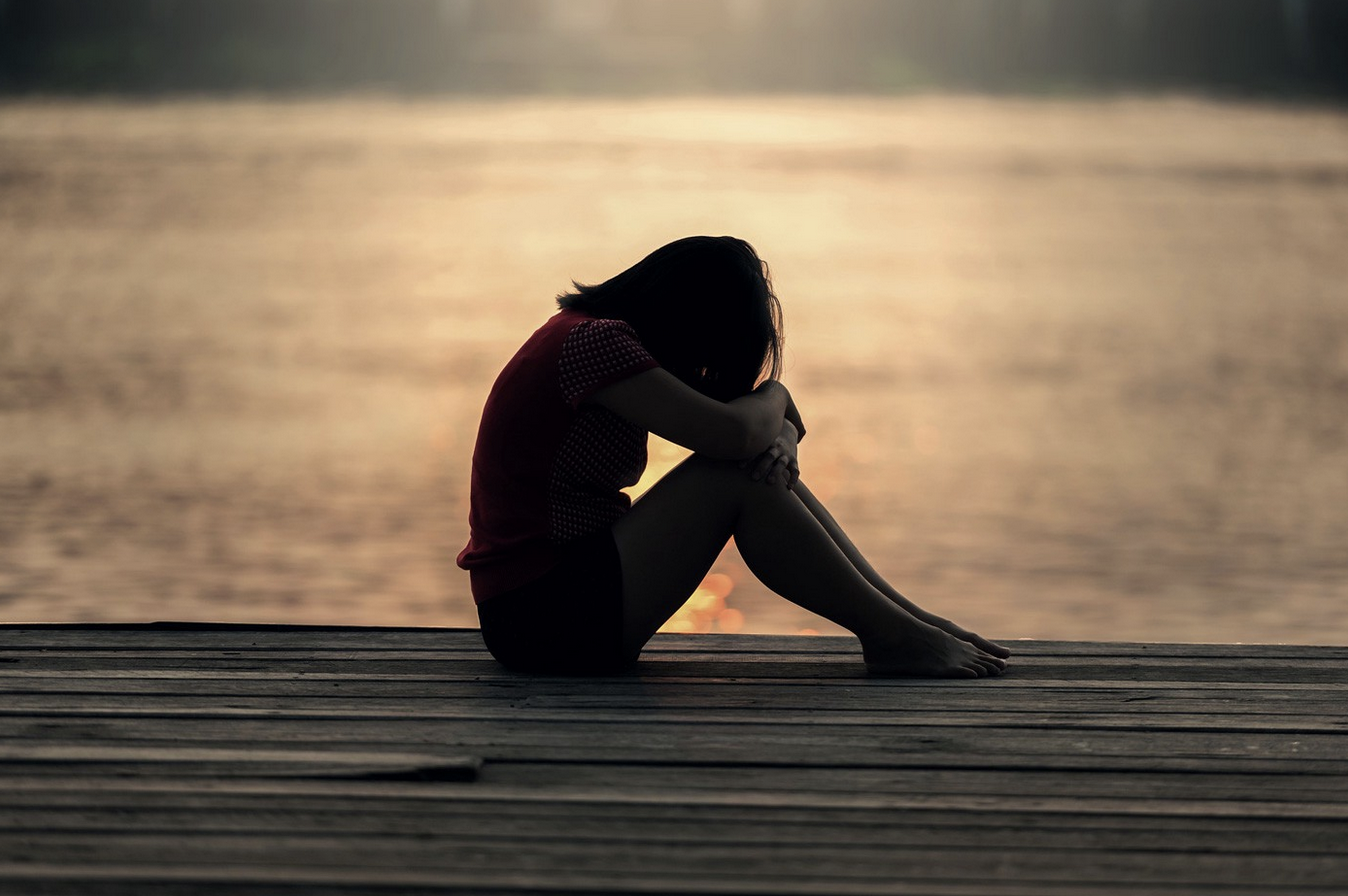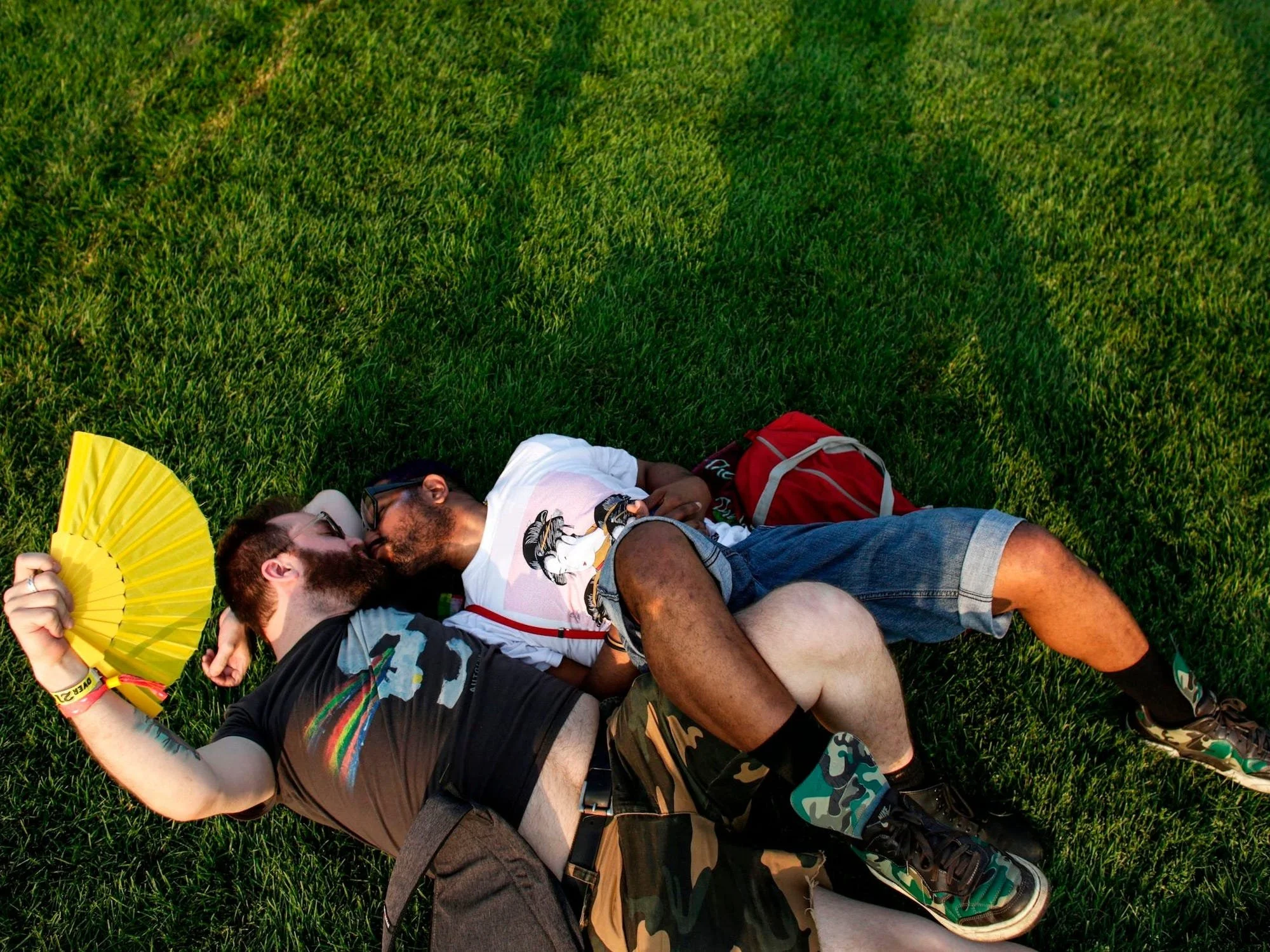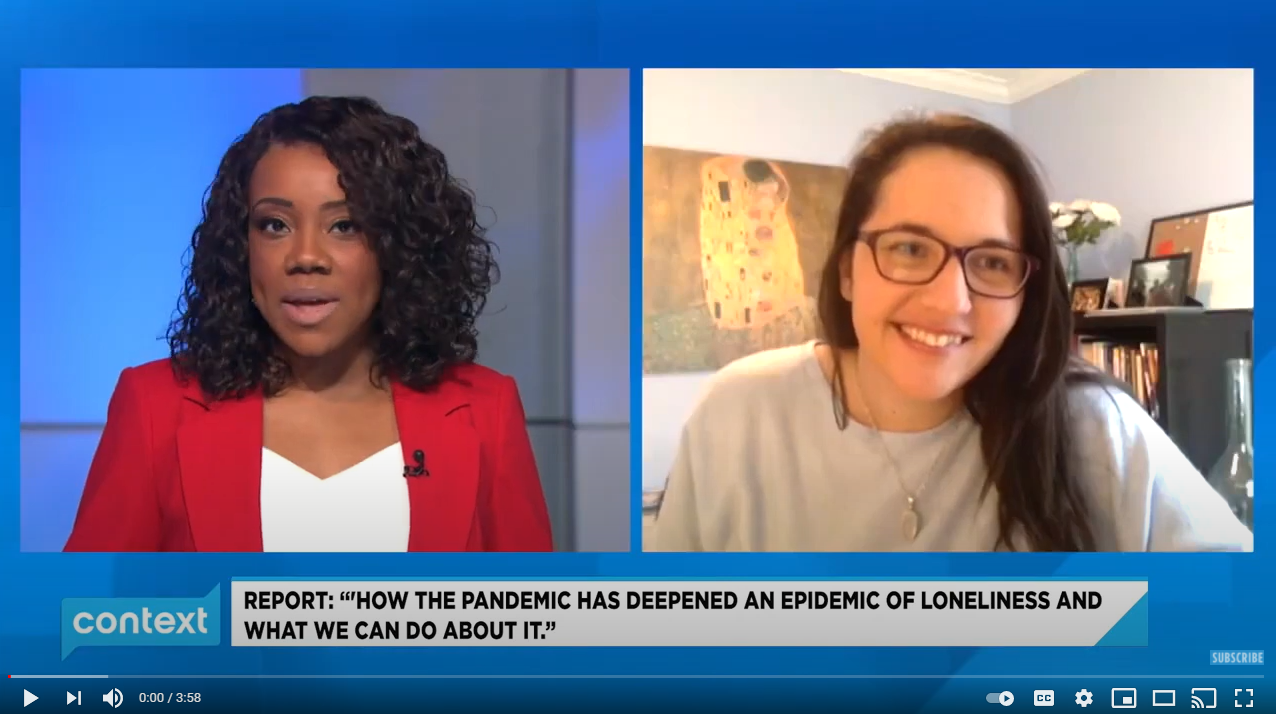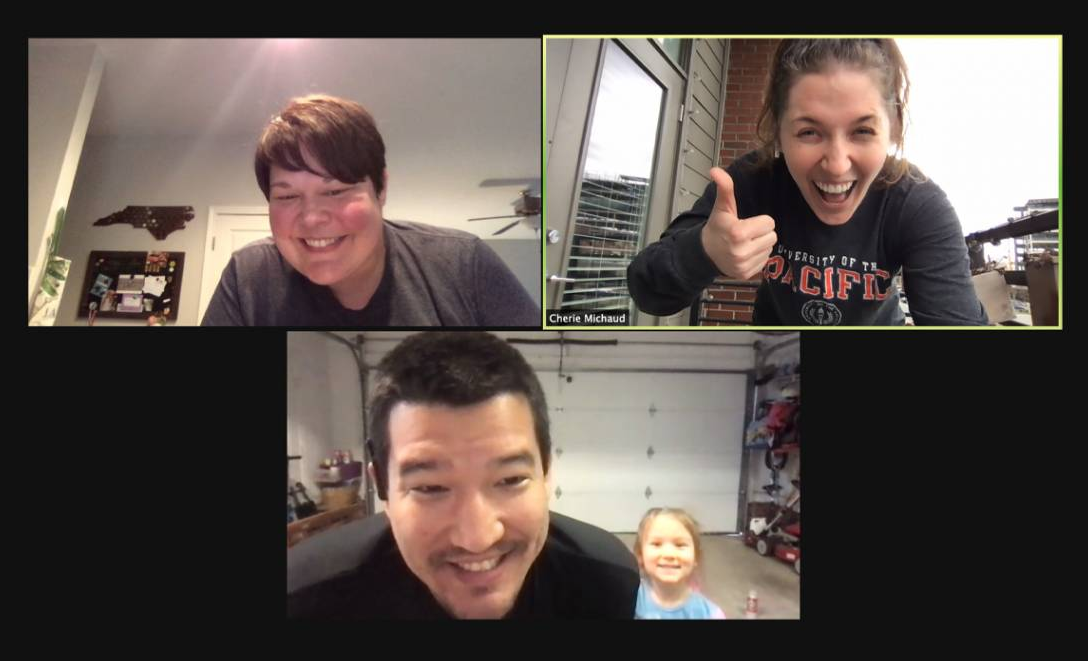The Journal’s editorial staff cites MCC’s report on loneliness in this piece that examines the science suggesting that lonely people are less likely to vote.
Read MoreRead the latest from Making Caring Common!
You’re in the right place for our media coverage, blog posts, and event information. Our work spans a range of topics, all connected by our commitment to elevate caring and concern for the common good at school, at home, and in our communities. You can review what’s new below or use the dropdowns to sort by topic and category.
Be sure to join our email list and connect with us on Facebook, LinkedIn, and Instagram, to stay current with Making Caring Common’s news and updates. If you’re a member of the media, please visit our Media Room.
Sort by topic
- Access and Equity
- Bias
- Bridging
- Building Connection
- Bullying
- COVID
- CSN
- Caring and Empathy
- College Admission
- Consent
- K-12
- Loneliness
- Mental Health
- Misogyny and Sexual Harassment
- Moral and Ethical Development
- Parenting
- Romantic Relationships
- School Culture and Climate
- School Integration
- Social-Emotional Learning
- State of Caring
- Turning the Tide
- Voter Mobilization and Civic Education
- Youth Advisory Board
Sort by category
Genesis Rivas cites MCC research in this Shape magazine piece that takes a look at definitions of loneliness, some causes of loneliness, and tips for managing it.
Read More“I used to text my wife on the train ride home, asking how everyone’s day was. Now I am part of that day. And I love that.”
MCC research suggests that many fathers, like the dad quoted above, have felt closer to their kids since the pandemic began. In this Slate piece, Brigid Schulte and Kate Mangino take a closer look at how future opportunities to balance work and childcare will largely be shaped by men.
Read MoreWhy does it feel so hard to care right now? TIME’s Lily Rothman speaks with MCC’s Rick Weissbourd about “the harder forms of caring” and how race and class have informed people’s experiences of loneliness over the last two years.
Read MoreAndrew Bauld offers advice for how to nurture a caring school community — to confront biases, divisions, and challenging topics — in HGSE’s Usable Knowledge.
Read MoreThe political divide in the United States has been growing steadily for years. Psych Central argues that, although we’re more polarized than we’ve been in modern history, it’s still possible to have productive conversations about political beliefs. They quote MCC’s Richard Weissbourg, who argues that dfference and disagreement are healthy and necessary for a thriving democracy.
Read MoreAs devastating as the pandemic has been, it has also exposed wide holes in our social fabric. We're in an epidemic of loneliness, exacerbated by decades of a competition-based mindset and innate need to "prove" our worthiness, writes Chris Prange-Morgan in Psychology Today, However, she writes that we can learn from one another’s struggles as well as grow from helping one another and accepting help. Furthermore, studies show we might be ripe for collective change.
Read MoreModern society has torn us apart in many ways. Grown kids scatter across the country and around the globe. More people live alone than ever before. Polarized ideology divides family and friends. And perhaps most insidious, social media spotlights supposedly idyllic lives that can make our own existence seem isolated and pathetic. The result: We’re growing more and more lonely. And it’s killing us, figuratively and literally.
Read MoreThough we’re in a better spot than we were a year ago, with a vaccine that shields most of us from severe COVID-19 symptoms and with kids back in school, this latest surge caused by the Omicron variant feels reminiscent in many ways to the darkest seasons of the pandemic. The good news is that parents can be a stabilizing force in their kids’ lives during this era of unpredictability
Read MoreDespite declaring itself awake to inequality in 2020, it has become only too easy for the U.S. to look away in 2021.
Read MoreBoston-based Friendshipworks and a new film are teaming up to combat loneliness. Learn more in this video from NBC featuring MCC’s Rick Weissbourd.
Read More“‘We have big holes in our social fabric,’ said the report’s lead author and Making Caring Common faculty director Richard Weissbourd, a senior lecturer at the Harvard Graduate School of Education and the Harvard Kennedy School. ‘We need to mobilize coherently and strategically to assure that far fewer Americans are stranded and disconnected.’”
A new study that examines rates of loneliness across the U.S. and within the Christian church found that three in 10 U.S. adults experience loneliness at least once daily. Read more in this Christian Post piece.
Read More“‘Covid made more people lonely and made lonely people lonelier,’ Harvard psychologist Richard Weissbourd says. He blames increased social isolation and pandemic-related anxiety, grief and depression, which often fuel each other.’
Read more about the prevalence of loneliness in our culture and steps to address it in this Washington Post piece by Steven Petrow.
Read MoreWhen it comes to relationships, a new Pew survey suggests that family and children are more meaningful to Americans than romantic partners.
Read more in this Business Insider piece, which also cites MCC’s 2020 report on fathers feeling closer to their children since the beginning of the COVID-19 pandemic.
Read MoreCheck out this segment on Context Beyond the Headlines that references our Loneliness in America research and highlights the report's findings. MCC's Milena Batanova is featured in this interview about examining the impact of the pandemic on mental health.
Read MoreDue to the pandemic, for the first time since the Great Depression, the majority of young adults currently live with their parents, according to a 2020 study by the Pew Research Center. Antonia Lehnert elaborates on this, noting that “for many, college provided a much-needed structure to their lives. The summer leaves many wading in the emptiness of quarantine.”
Read MoreWith more people vaccinated and social activities picking up, will we finally feel less lonely?
“After a year of bingeing Netflix shows and battling the coronavirus, spirits are lifting across the country as vaccinations steadily roll out. But ‘the jab’ doesn’t cure all coronavirus ills,” write Erin Hunter and Lily Robinson in the Daily Hampshire Gazette.
Read More“These levels of loneliness are heartbreaking. We have big holes in our social fabric,” says Rick Weissbourd referencing our loneliness report published in February. Jonathan Black from Duke University writes about how coworkers helped teammates cope with social isolation.
Read More

